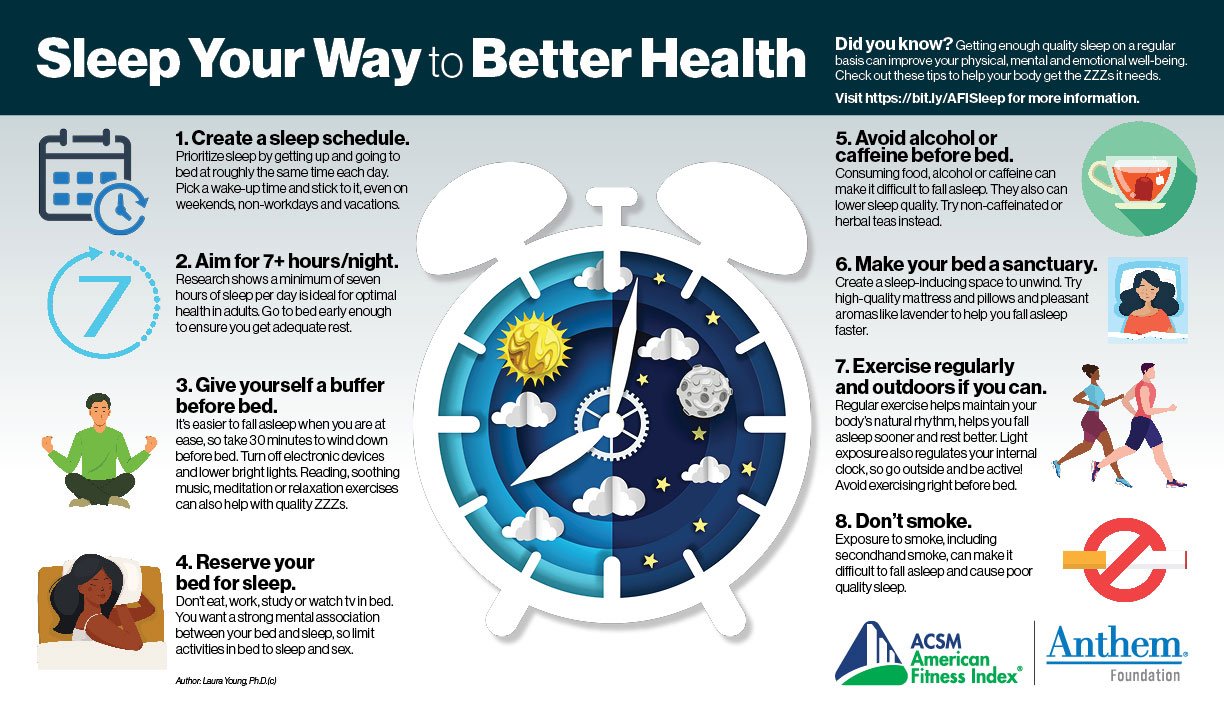
If you haven't done yoga before, there are a few basic principles to keep in mind when performing level 1 poses. These are: Do it, Skip it, Avoid if your blood pressure is too low, and Benefits of holding poses longer. You should now be ready to practice yoga after reading these guidelines. Here are a few examples of poses that you can try:
Do it
There are many reasons to learn how to do level one yoga poses. These include improving balance. posture and strength. The most important thing to do is to be mindful of your breathing while you do them. Listed below are some of the best yoga poses for beginners. For maximum benefit, practice these poses every day for at minimum five minutes. This is not an exhaustive list of all the yoga benefits. These tips can help you get started.
Advanced yoga poses work harder on complex muscle groups than the basic ones. Chaturanga is not the only pose that can strengthen your body. Liza Colpa from YogaToday is a virtual trainer who shares detailed instructions about how to perform the poses. Each pose is explained in detail by Liza Colpa, who also makes videos. You can access videos and instructions from her via email. Doing level 1 yoga poses every day will give confidence and help you move up to the next level.
You can skip it

If you've had a lot of injuries, are pregnant, or have high blood pressure, you may want to skip level 1 yoga poses. This pose will help strengthen your arms and back as well stretch your legs. This pose also improves flexibility in your hips. However, it can be challenging for those with back or neck problems. If you're new to yoga, here are some things to keep in mind:
You don't need to skip level 1 yoga poses altogether. It's possible to be ready for Level 3-4 yoga poses. However, you won’t see any benefits if you don't feel comfortable doing Level 1 Yoga postures. Half Moon Poses and Eagle Poses may make you wobble. Handstands at the Wall might require some kicking. If you're prepared, you can become more in tune with yourself and recognize when you need help.
Low blood pressure? Avoid.
Avoid inverted poses such as handstand and headstand, if you have high bloodpressure. These poses position the body's heart, legs and feet at the highest point. Even moderate inversions can raise blood pressure in the head. If you have a history or high blood pressure, you should avoid inversions. You can also modify them to reduce strain. High blood pressure sufferers may benefit from a modified headstand such as that used for trikonasana.
Avoid backbends. Deeper backbends can cause dizziness in people with low blood pressure. However, yoga poses can be very therapeutic, especially when they work the gluteus maximus as well as the transverse abdominis. Before you start an exercise program, make sure you consult your doctor if you are taking medication.
Benefits of holding on to your position for longer

A yoga pose that is held for a longer time can have many benefits. It helps to increase strength and flexibility. Compared to a quick seated pose, a longer hold of Warrior II requires more work from the muscles. Your body can adjust to the extra time it takes to hold the pose. However, practitioners should not solely focus on the alignment and health of the body.
It is up to the individual's ability to hold a yoga pose for a longer time. However, if you are a beginner, just a few seconds will do. If you are a beginner, you can try different yoga poses until you find the one that is right for you. If you find that one of them has too much difficulty, increase the time of the pose. You'll be amazed at the results you get and how much faster you can complete vinyasa Yoga sessions.
FAQ
If I feel depressed, is there anything wrong?
Depression is a problem that teens often face. It's important to remember that depression is a common problem among teens.
This doesn't mean that you're crazy or weak. Many people are unaware that they are suffering from depression. Depression can be a medical condition.
There are several types of depression. There are different types of depression. Some people experience only sadness, while others feel other emotions. There are also different levels of severity.
Some people suffer mild depression, others are more severe. Depression is not always bad. Sometimes, depression helps us to cope with stressful events.
If you feel constantly tired or sad, consult a doctor. Your doctor can diagnose and decide if you require treatment.
What is Positive Psychology, and Why is It Important?
Positive psychology emphasizes what makes us feel good about ourselves. This includes happiness, optimism, gratitude and hope. Positive psychology's goal is to improve self-esteem, happiness, health, and wisdom.
There are two types if positive psychology: trait-positive psychology and process-positive psychology. Trait positive psychology studies how people naturally tend to behave. Process positive psychology studies how we can use certain strategies to achieve specific goals.
What should I do when I'm experiencing mental health problems?
When you have any kind of mental health problem, it's important to seek treatment. Perhaps you've been through trauma or suffered abuse in the past. You might have experienced trauma or abuse in the past.
You may also be suffering from an eating disorder, addiction, or another type of mental illness. These disorders can lead to severe life-altering consequences.
You shouldn't attempt to handle them yourself. Talk to someone who is familiar with the subject. You can get the support you need from a professional therapist to help you overcome these difficulties.
How do you know if you have a mental illness?
Persons may be diagnosed with mental illness if they have symptoms that are disruptive to their daily life. Symptoms of mental illnesses vary from person to person. The most common symptoms of mental illness are sadness, anger, guilt, hopelessness and loneliness.
If a person meets at least three of the four criteria below, they may be diagnosed with a mental disorder.
-
Disturbed feelings or thoughts
-
Unruly behavior
-
Disturbance of functioning
-
Inability to relate to others
Why is mental health important?
Mental health is vital for everyone. You can't do anything else if you aren't mentally well. So, it is essential to maintain a healthy mind.
Stress can cause mental problems and even physical symptoms. This could lead to physical problems such as headaches, stomach aches, backaches, and more. Our bodies and minds must be well looked after.
Statistics
- More than 50% will be diagnosed with a mental illness or disorder at some point in their lifetime.3 (cdc.gov)
- Neuropsychiatric diseases are the leading cause of death and disability in the U.S., accounting for 18.7 percent of all years of potential lifespan loss and premature mortality.
- Similarly, for positive mental health, there is likely to be substantial agreement about some typical components (e.g., resilience to stress) 6, and controversy about more atypical components (e.g., career consolidation). (ncbi.nlm.nih.gov)
- According to the National Alliance of Mental Illness (NAMI), one in five Americans experiences mental health issues which translates to more than 40 million adults a year. (doctorondemand.com)
- Similarly, while there is some agreement about the boundaries of typical mental disorders 2, there is likely less agreement about those for positive mental health. (ncbi.nlm.nih.gov)
External Links
How To
Why is mental health so important? And what steps can you take to improve it
Mental health refers primarily to your mental state and emotional well-being. It affects your mood, behavior, thoughts, actions, relationships, sleep, eat and work.
Mental health is an important topic for everyone. But when we talk about mental health, we often mean depression. Depression is a serious illness that affects millions each year.
The term clinical depression is used to describe depression. It requires treatment by a physician. However, there are many types of depression, including milder forms that do not require medical intervention.
According to the National Institute of Mental Health, depression is "a common mood disorder that causes depression most of the time, a loss of interest in nearly all activities, feelings of guilt, low self-worth, disturbed sleep, appetite, poor concentration, thoughts of suicide or death."
Many people can experience depression in many different ways. Some may feel sad, hopeless, irritable, anxious, guilty, worthless, tired, unmotivated, and unable to concentrate. Others may feel depressed, anxious, restless, agitated or fearful. Some may feel nothing.
Depression is treatable. There are medications, psychotherapy, exercise, diet changes, and lifestyle adjustments that can help relieve symptoms. Depression can lead to problems at home, school and work if it is not treated.
Depression is more common in females than in men. However, both men and women can be affected. Depression is the leading cause worldwide of disability among men and woman aged 15 to 44.